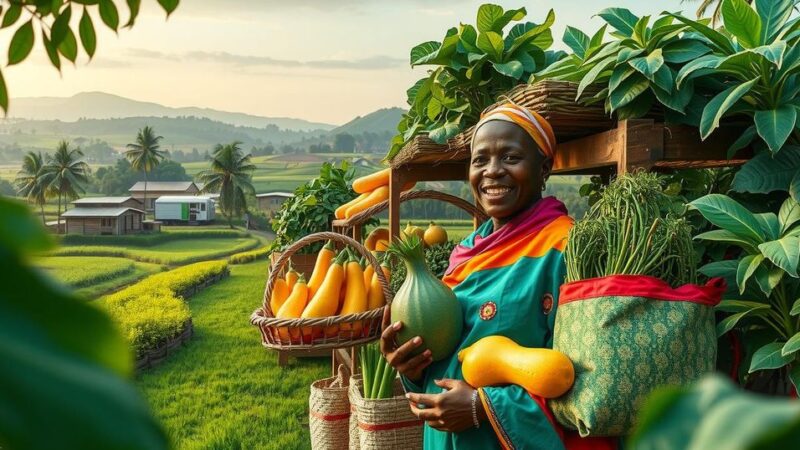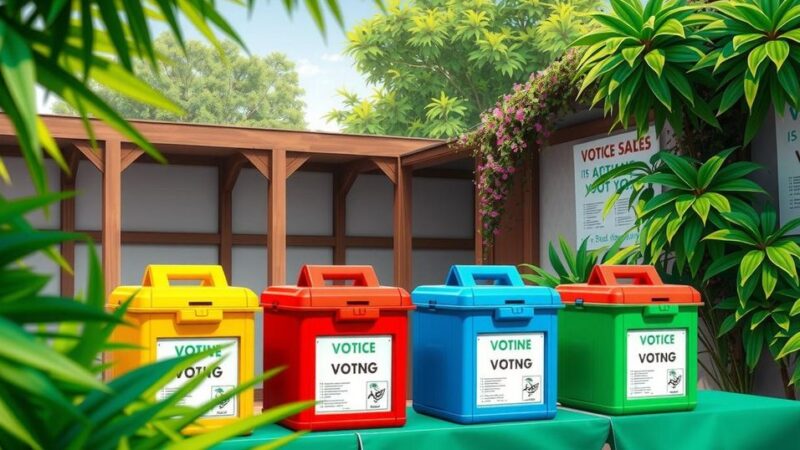The electoral year 2024 marked a historic defeat for incumbents across developed nations, driven primarily by inflation and changing voter behaviors. As partisanship declines, voters exhibit a consumer-like approach demanding responsiveness from leaders. This volatility suggests that 2025 could pose similar challenges for those in office, as several facing elections may struggle to maintain their positions amid public discontent.
The electoral year of 2024, characterized as a pivotal moment for democracy, may ultimately be recognized as one where incumbents faced significant challenges, with a historic loss in voter support across multiple developed nations, as noted by the Financial Times. Traditionally, incumbency guaranteed re-election; however, this paradigm has shifted, reflecting a trend towards voter discontent and a willingness to replace established leaders. Factors contributing to this shift include inflation, diminishing partisan loyalty, and evolving voter expectations akin to consumer behavior.
The disruptions caused by global inflation since the COVID-19 pandemic have led to a severe backlash against incumbent governments, as they bore the brunt of public discontent. While inflation’s roots can be traced to various global events, the primary sentiment driving voters is one of frustration with rising living costs. Historically, the 2008 financial crisis showcased how inflation affects government stability differently than unemployment, with inflation provoking more immediate electoral repercussions.
Emerging studies suggest that declining partisan loyalty has altered political dynamics, opening opportunities for new contenders and fostering volatility. This is underlined by observations that today’s voters approach elections with consumer-like scrutiny, seeking immediate satisfaction from their leaders. This shift is linked to a broader cultural change where traditional political allegiances are weakening, pushing incumbents to adapt to a more unpredictable electorate.
As we look towards the elections of 2025, incumbents in several democracies may face similar challenges. Initial signs indicate that current leaders, such as German Chancellor Olaf Scholz and Canadian Prime Minister Justin Trudeau, may face significant electoral hurdles in maintaining their positions, culminating in potential losses. In contrast, some incumbents in Latin America may navigate their electoral landscape more favorably.
The future remains uncertain for incumbents, reflecting the dual nature of electoral systems where leaders can be both punished and rewarded. Ensuring a balance between these aspects is crucial for the health of democracies, as continuous defeats or victories without substantive accountability can threaten the integrity of the political system.
The article discusses the unprecedented challenges faced by incumbent leaders during the 2024 electoral cycle, highlighting a significant decline in voter support. This scenario is set against the backdrop of inflation trends exacerbated by the pandemic and geopolitical conflicts. It explores the transformation in voter behavior and loyalty, leading to a greater inclination among the electorate to shift support towards alternative candidates and parties. By analyzing factors such as inflation and political instability, the article contextualizes the evolving landscape of democracy as it moves towards future elections.
In conclusion, the political landscape for incumbents has undergone a profound transformation, with rising inflation and shifting voter expectations culminating in an uncertain future for existing leaders. This trend signifies a broader cultural shift towards volatility in democratic systems, driven by diminished partisan loyalty and the consumer-like behavior of voters. As the elections of 2025 approach, both challenges and opportunities await incumbents, emphasizing the need for responsive governance to restore public confidence and satisfaction.
Original Source: www.cnn.com






